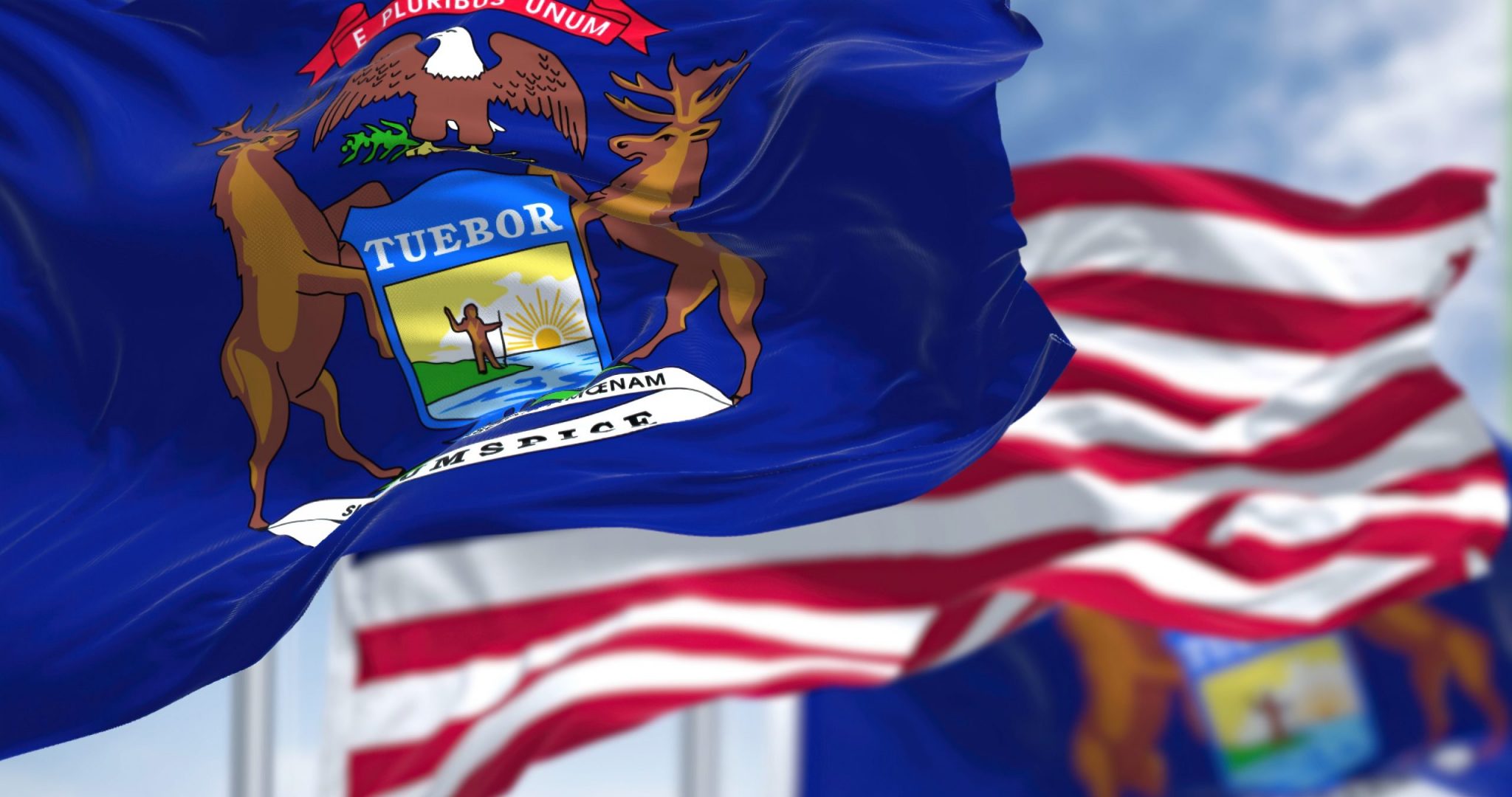Less than two weeks from Election Day, we continue to see false claims of widespread election fraud drive distrust of the electoral process and create real security challenges for election administrators.
In Maricopa County, Arizona last Friday, two armed individuals showed up to monitor a ballot drop box, leading to complaints of voter intimidation. Loosely organized groups have staked out Arizona drop boxes for some time, despite a 24-hour livestream of Maricopa County drop box locations being available. The two armed individuals left after the sheriff’s office arrived, proving the effectiveness of partnership between law enforcement and election officials. Maricopa County Sheriff Paul Penzone increased drop box security and had previously restricted staff leave around the election.
In rural Nye County, Nevada and Cochise County, Arizona, county officials will move forward with plans to hand count all ballots in addition to the machine count. Hand counting has been pushed by some Republicans as preferable to machines, but hand counting is far less accurate and slower than machine counting. With discrepancies between the two tallies likely, it’s doubtful a hand count will increase trust in the system; in fact, it is likely to do the opposite.
Welcome to Monitoring the Midterms, a special newsletter from the Alliance for Securing Democracy at the German Marshall Fund, that provides analysis at the nexus of US politics and autocratic threats to democracy. Reach out with questions, reactions, or suggestions.
Sign up to receive the Monitoring the Midterms newsletter in your inbox every week.
New from ASD at GMF
ASD at GMF and the Brennan Center for Justice looked at information silos online and the topic of election denial in their latest Midterm Monitor analysis. Top findings include:
- The most shared links and retweeted media entities by monitored Republican and Democratic candidates reveal the extent to which political candidates operate in separate information bubbles. There was only one Twitter account affiliated with a national media outlet or pundit—The Hill—that ranked among the 20 most retweeted media accounts by both monitored Republicans and Democrats. Notable exception: Republican candidates who are not election deniers shared information from sources that overlapped as much with Democrats as they did with election denier Republicans.
- A large percentage of posts from candidates for secretary of state perpetuate false election narratives, and, at least on Twitter, the percentage of such posts is growing as we get closer to Election Day. More than 31 percent of their Facebook posts and nearly 19 percent of their Instagram and Twitter posts promote false narratives about the election.
- Despite the fact that election fraud is exceptionally rare, analysis of posts by US candidates between September 3 and October 3 shows that it is a major topic of discussion among candidates. Between January 2, 2022, and October 20, 2022, candidates’ election fraud related tweets were also more likely to be retweeted than candidate tweets about the election in general.
- Read the full analysis.
Head of ASD at GMF’s information manipulation team Bret Schafer joined The News Literacy Project to provide tips for protecting yourself against believing and sharing false information.
State Spotlight: Michigan
ASD at GMF takeaways from the battleground state of Michigan:
- Mail in ballots estimated to make up half the MI vote, slowing vote counting despite new pre-processing law. Michigan is on track to have almost half of the expected 2.25 million ballots cast by absentee ballot. This large number of absentee ballots can slow the counting process, and election officials are setting expectations that the statewide count could continue until Wednesday night following the election. In late September, state lawmakers reached an agreement that would allow the pre-processing of mail-in-ballots two days before the election; however, the change was made too close to the election for all counties to adapt. The period between the polls closing and the final tabulation of votes can be a period for bad actors to spread false information about the election. Setting expectations for how long the vote counting could take, being transparent about the process, and providing official updates on the process are key to countering those efforts.
- Michigan election officials prepare for insider threats. From a town clerk who refused to allow routine maintenance on a voting machine to a candidate for state-wide office telling poll workers to unplug voting machines from the wall if they don’t like what they see, Michigan’s election officials are preparing to contend with potential insider threats. ASD at GMF’s David Levine wrote a report on ways to address the threat posed by rogue poll workers: How to Vet Poll Workers to Mitigate Future Election Subversion Efforts.
- Secretary of State race drives online conversation. The Democrat and Republican secretary of state candidates in Michigan—Jocelyn Benson and Kristina Karamo—were, respectively, the second and fourth most retweeted secretary of state candidates nationwide between September 22 and October 21. Benson is also the most followed secretary of state candidate nationwide on Twitter. Karamo received roughly three times more comments (991) and likes (19,604) than any other monitored secretary of state candidate during the studied period on Instagram. She was also responsible for the top eight most liked Instagram posts, several of which promoted claims of widespread voter fraud in the 2020 election. Karamo’s Rumble channel, where she has created a video series dedicated to the alleged improprieties of her opponent, received more than double the views of any monitored candidate nationwide between September 22 and October 21. Read ASD at GMF’s full Midterm Monitor Michigan report.
Resources You Should Have
The Brennan Center for Justice released 5 Facts About Voting — and Myths Being Spread About Them to explain the facts around election security and vote count accuracy.
The News Literacy Project created a resource hub, Election 2022: Be informed, not misled, that includes information and resources for guarding against false information.
A Big Idea
The views expressed in GMF publications and commentary are the views of the author alone.


